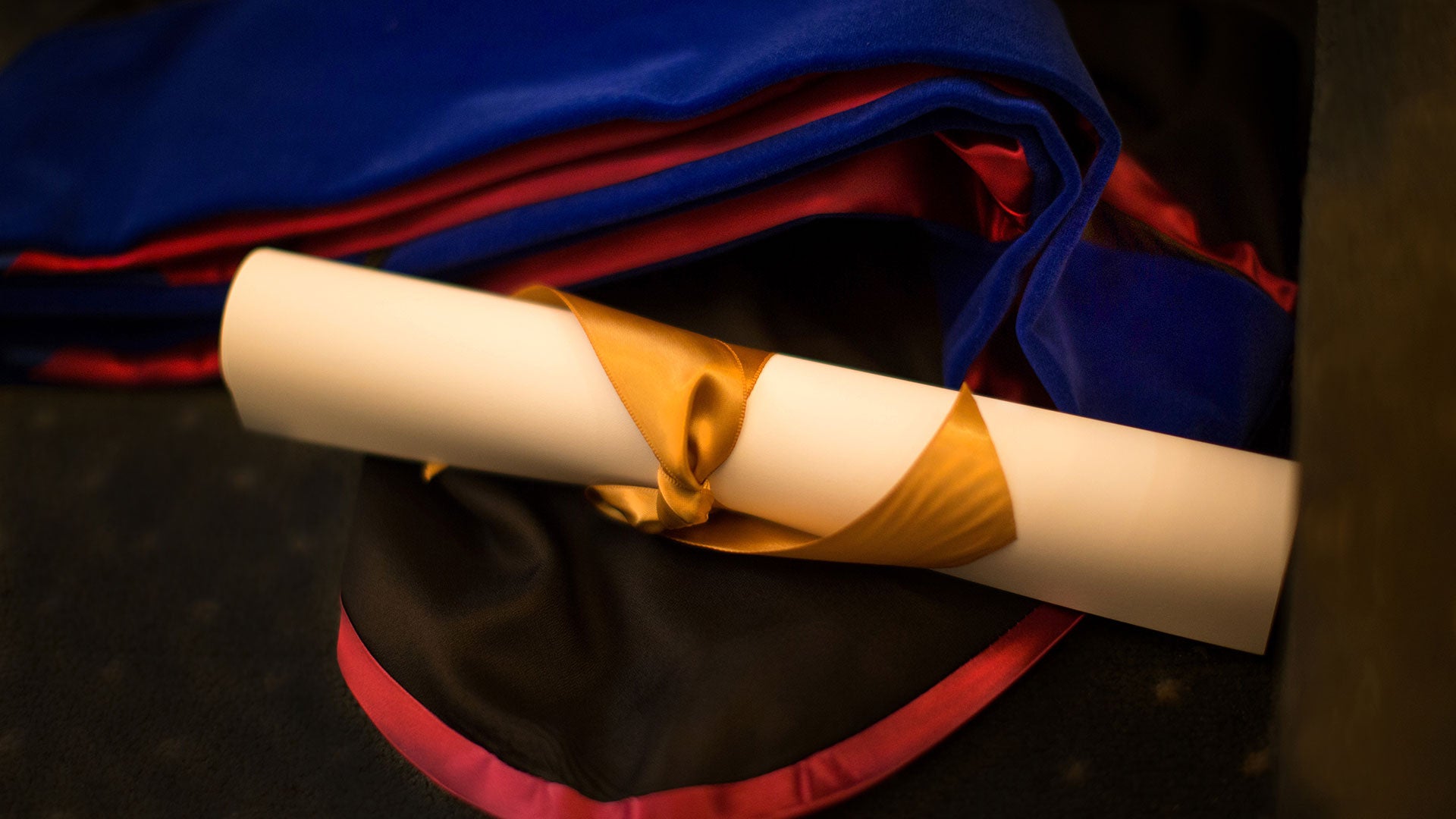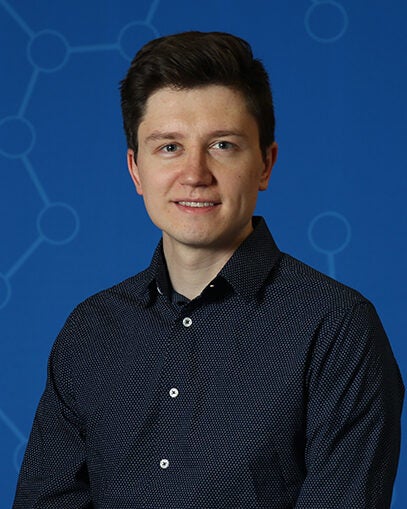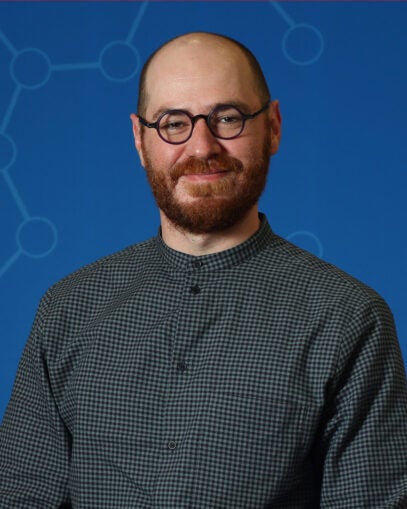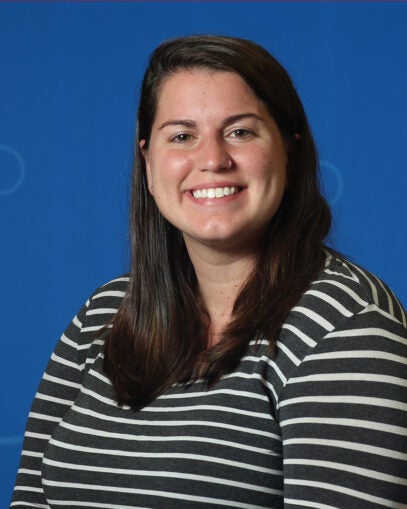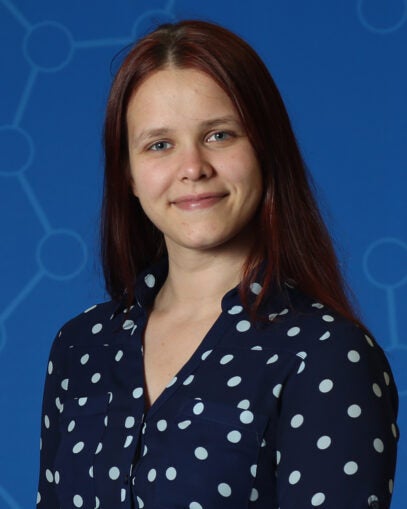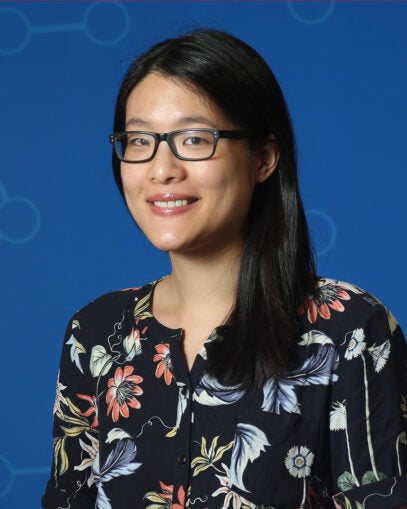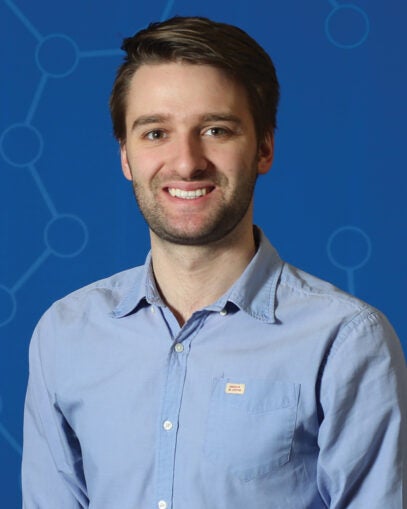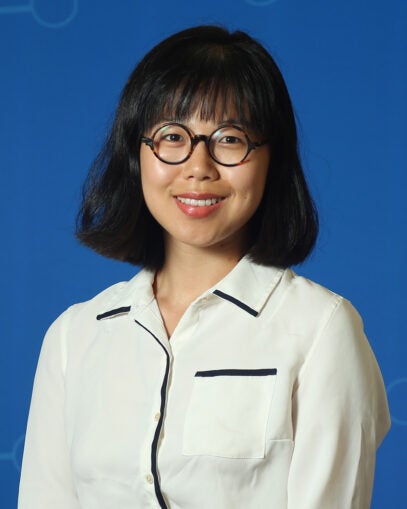Students who complete their degrees at the School of Biological Sciences pursue diverse careers. The hallmark of Cold Spring Harbor Laboratory’s (CSHL) graduate program is its innovative approach to advanced education in the biological sciences. This May, seven students were awarded Ph.D. degrees. Here, they reflect on how their time at the Lab prepared them for the future.
Emilis Bružas
University of Cambridge
Starr Centennial Scholar
Entering Class of 2014
Thesis: “The role of immunity in breast cancer dormancy and recurrence”
Hamza Giaffar
Imperial College London
Goldberg-Lindsay Fellow
Entering Class of 2014
Thesis: “The primacy model and the structure of olfactory space”
I first visited CSHL in the height of summer on a chance visit to NYC; I vividly remember leaving the stifling heat, pollution and thronging crowds of Penn Station, and the relief of arriving at the relative Eden of the Lab grounds—complete with a bar. My initial image of the Lab—as a friendly, fun, open, weird and interesting place—has only deepened over the intervening years of joy and struggle.
The quality of science, together with an international and collaborative environment, make CSHL a great place to research in general. For graduate research in particular, I feel the small size, support systems and high standards really support the transition towards becoming an independent researcher. I arrived with an experimental background in chemistry and little knowledge of biology; after rotating with Alexei Koulakov and being seduced by the mysteries of olfaction, I leave CSHL as a well-trained computational/theoretical scientist with a deep interest in many areas of biology. This is a testament to my advisor, the graduate school and the Lab environment.
Over the course of my time at CSHL, I’ve made great friendships and developed immeasurably as a researcher. I’ve found questions that fascinate me and built strong and productive collaborations. For these opportunities, for all the good times and the many challenges, I’m deeply grateful to my advisor Alex, as well as to my collaborators, the wider Laboratory community, friends and family. I consider myself to be truly fortunate to have been trained here.
Jacqueline R. Giovanniello
Brown University
David and Fanny Luke Fellow
National Institutes of Health Trainee
Entering Class of 2014
Thesis: “Characterizing amygdala-pallidal circuitry and its role in a 16p11.2 microdeletion model of ASD”
My time as a graduate student at CSHL has been one of the most formative experiences of my life. I came to CSHL expecting to continue working in a field in which I had some experience. However, shortly after I arrived, I was inspired by the neuroscience coursework and chose to switch fields. While it has been one of the hardest things I’ve done so far, it was the right decision. I was able to study questions relevant to mental illness and help improve our understanding of how we become fearful. It also laid a strong foundation for my current postdoctoral work studying how stress and decision-making interact.
Not only did I become a neuroscientist and gain a Ph.D. from CSHL, but I also made meaningful friendships and found strong mentors and advocates. These relationships will last the rest of my life. While at CSHL, I was also able to connect with a number of brilliant, passionate scientists who worked tirelessly, in their few spare hours outside the lab, to create a more equitable community for women in our field. I am profoundly grateful to the members and advocates of CSHL WiSE for their commitment to diversity, equity, and inclusion in STEM.
Kristina Grigaityte
University of Edinburgh
Farish-Gerry Fellow
Entering Class of 2015
Thesis: “Comprehensive sequencing analyses of high-throughput single T cells in humans”
I arrived at CSHL as a fresh college graduate in neuroscience with specific expectations of what I would do in the next four years. I thought I had it all figured out. I was going to study systems neuroscience, was excited to perform surgeries (until I observed one) and prepared to figure out the brain. Instead, I am now a computational biologist with software development expertise. The unique graduate program allowed me to explore all nooks of biology and find out what I am most passionate about. And, what I found made complete sense. Puzzle solving and strategic planning are in all parts of my life—my workouts at the rock-climbing gym, my free time playing board games, and now I also get to solve puzzles for a living through programming.
During my thesis work in Mickey Atwal’s lab, I focused on the T-cell repertoire in healthy individuals, which included understanding T-cell diversity and their exhibited power law distributions. I also developed software to quantify those power law distributions, which I am proud to know is used by scientists across multiple disciplines. After my four years in the Atwal lab, I have become a confident and skilled bioinformatics scientist, excited for my next science adventure. I would not give up my time at CSHL for absolutely anything. I had mentors I will always be grateful for and have met some incredible people who have become my friends for life. I am fortunate that CSHL hosts so many meetings—the perfect excuse for me to come back and visit!
Jue Xiang Wang
University of Cambridge
George A. and Marjorie H. Anderson Fellow
Boehringer Ingelheim Fonds Fellow
Entering Class of 2014
Thesis: “Decoding GluN2C/2D-specific NMDA receptor antagonism”
My first impression of CSHL when coming for interviews was that it was such a pretty and calm place, and that it looked quite perfect to dive deeply into a topic for the years to come. Indeed, it turned out to be a unique place to do science, with a small community striving together for excellence and with many people at the school and on campus contributing to this supportive environment.
I was fortunate to be able to conduct research in Hiro Furukawa’s lab, where I got trained in structural biology, electrophysiology, and scientific thinking overall. My thesis research focused on characterizing how a novel small-molecule inhibitor can distinguish between certain NMDA receptor subtypes found in the brain, and then subsequently improving the compound with our collaborators. I am hopeful that in the future, these novel compounds can be used to study the roles of specific NMDA receptor subtypes in the brain further.
Looking back on my time at CSHL, I am still amazed about the various great experiences I gained that went beyond doing interesting research, be it teaching school children, giving campus tours to the public, gaining consulting experience, or organizing events. It was easy to ‘get involved’ and I am thankful to the many individuals who enabled me and made this possible.
Last, but not least, I would like to thank the friends I have met at CSHL. I am very grateful to them for enriching my life over these years. Wherever our curiosity might lead us, I hope we will be able to stay in touch and cheer each other on.
Georgi Yordanov
University of Liverpool
Leslie C. Quick, Jr. Fellow
Entering Class of 2013
Thesis: “Myc and Spdef: two transcription factors hijacked by pancreatic cancer”
My first impression of Cold Spring Harbor Laboratory came from an undergraduate professor of mine, who described it as a “monastery for biology.” I was thrilled when I visited the campus on a snowy February day. I was greeted by The Waltz of the Polypeptides—my favorite, and definitely the geekiest, piece of art on campus. Subsequent interactions with the staff from the school’s administration, as well as the faculty and current students, solidified my impression that CSHL would be the perfect place for me to continue my scientific journey. A place where I would find support, but also where I would be challenged to become the best version of myself.
As a student here, I was given the opportunity to closely interact with and learn from world-leading researchers and attend scientific conferences on various topics in biology. I also met and befriended amazing individuals who continue to be a never-ending source of support and guidance.
I would like to thank everyone who has helped me grow as a scientist{as well as a person) over the past six years including my PI, David Tuveson, my lab mates, the school’s staff and fellow students. I will be forever grateful for this opportunity and proud of being a CSHL student.
Anqi Zhang
McGill University
Starr Centennial Scholar
Entering Class of 2014
Thesis: “Representations in rodent primary visual cortex during visual discrimination”
CSHL is a place that draws you in. This was clear from my first visit to a fairy-tale campus blanketed thickly with snow, where I spoke with faculty who were welcoming and engaged, and students who seemed incredibly at home within this scientific community. Over my years here, the snow has come and increasingly gone, but the scientific environment has not wavered. I have felt incredibly lucky to be a part of a community that cares deeply about science, creativity, and intellectual rigor. As a student, this is a great recipe for growth. It has also served as the starting point for many wonderful new friendships.
I conducted my thesis research in the lab of Tony Zador, studying the encoding of information in an early visual processing area in the brain in which animals transformed visual stimuli into a goal-directed behavior. I learned a great deal in Tony’s lab, not only about the brain, but also about the importance of remaining curious about new scientific ideas and undaunted by unexpected challenges. Between the broad biological education provided to us by the School, and the diversity of research questions at the Lab, I find myself finishing my graduate career able to understand and appreciate a greater breadth of biological research than I had expected. I feel ready to tackle the next scientific challenges of my career, thanks to the mentorship of Tony, the School, and the broader CSHL community.
